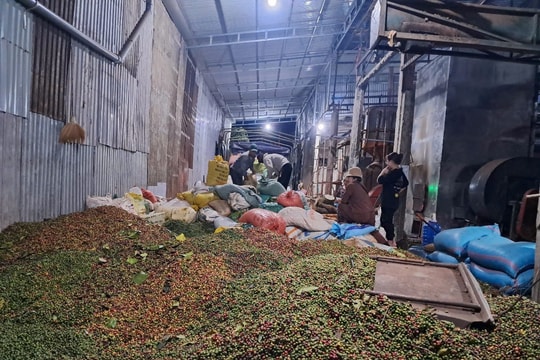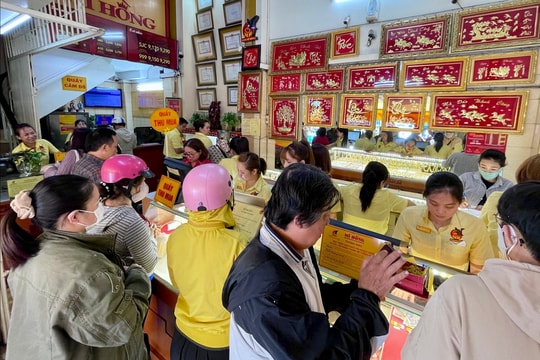How do countries around the world manage sidewalks?
(Baonghean.vn) - Not only Vietnam, many cities around the world are also struggling to find solutions to restore order to sidewalks and streets. Many countries have strict regulations on sidewalks, in which vendors are required to have a business license from the local government.
1. You
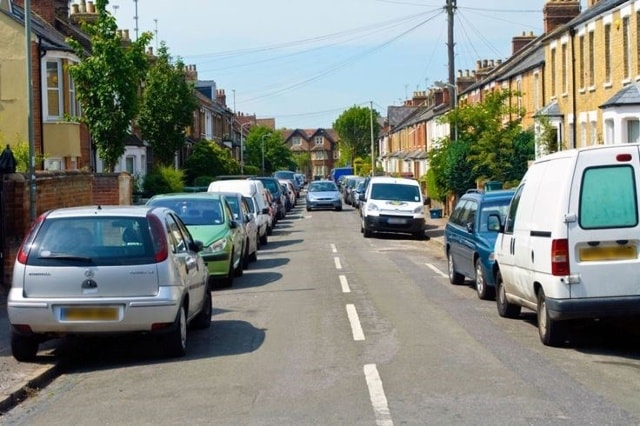 |
| April 2016,British Governmentproposed a policy to “clean up” sidewalk encroachment to make the streets safer, cleaner and more beautiful, and encourage people to walk and exercise. Initially, this law was applied only in London for more than 40 years, but authorities now want to expand it to the whole of the UK. Each violation will be fined 86 USD. Photo: BBC. |
2. China
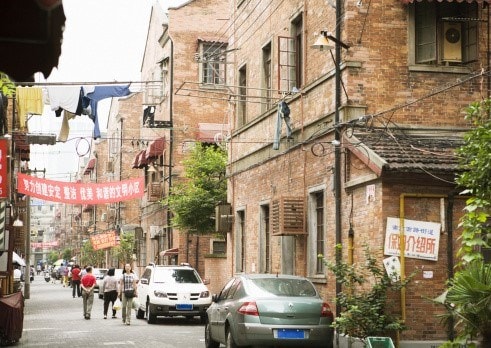 |
| At the end of 2015, the number of cars ofBeijing city (China)up to about 5.6 million vehicles, causing pressure on traffic and urban order. City authorities tighten management activities, impose administrative penalties on vehicles parked on sidewalks or bicycle lanes, even bus stops. Photo: Getty. |
3. Canada
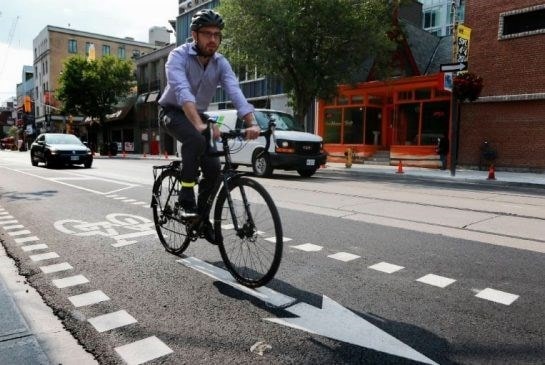 |
| City governments inCanadaare having a headache solving the problem of bicycles riding on sidewalks. In Toronto, Canada, people over 14 years old are allowed to ride bicycles on sidewalks. Violators must pay a fine of 60 USD. In addition, the Ontario provincial government has imposed fines of up to 2,000 USD or 6 months in prison for those who do not comply with this law. Photo: Metronews. |
4. Thailand
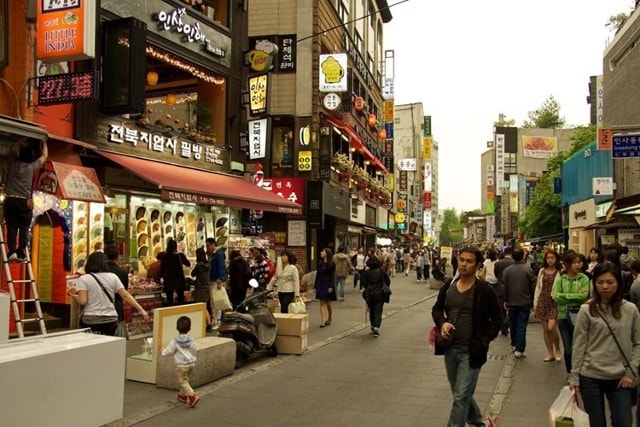 |
| In 2015, street vendors on the crowded, bustling streets ofBangkok, Thailandfaced a crackdown by city authorities. These efforts are aimed at clearing the area for pedestrians. In the campaign to clear the sidewalks, the Thai government promises to “clean up” the country’s tourism. Photo: Straitstimes. |
5. South Korea
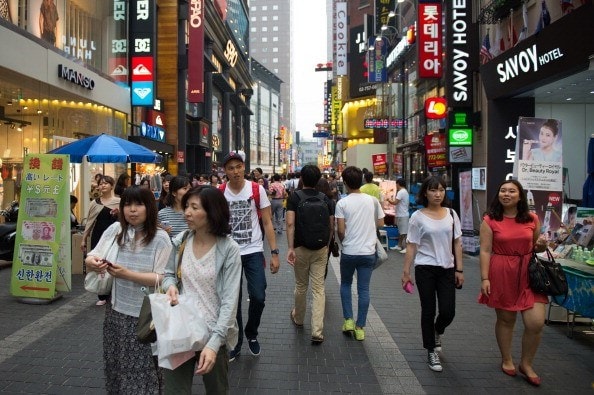 |
| To ensure "livelihood" for a segment of the population, in 2007, the city governmentSeoul (South Korea)established many “separate streets”, allowing about 700 street vendors to operate. Photo: Epoch Times. |
6. America
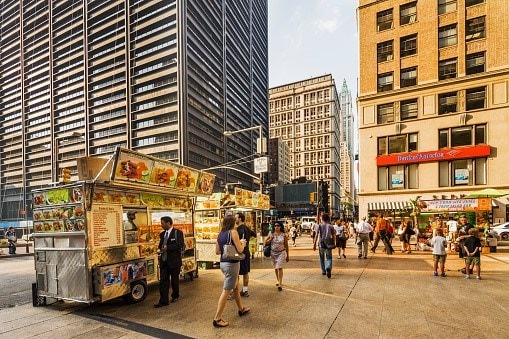 |
| New York City, USAturned Times Square into a thriving, bustling area with street stalls, carts, etc. It promoted the development of the sidewalk economy. Businesses had to pay $50 to get an operating license. City officials proposed to "eliminate" street vendors in 1995. However, they introduced policies and planned street vending areas on 130 streets. Photo: Getty. |
7. Philippines
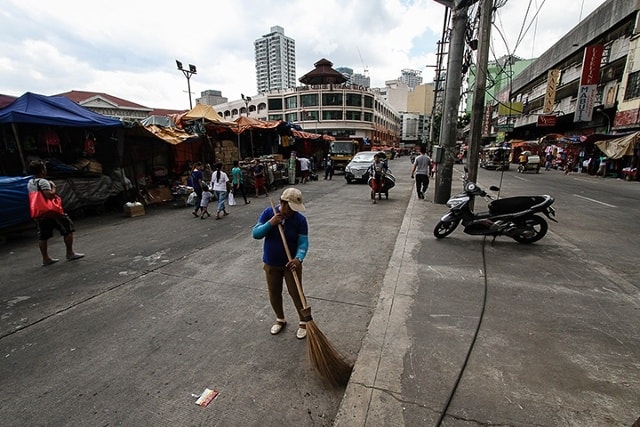 |
| Still atPhilippines,Determined to reclaim pedestrian access, in May 2016, the Manila Metropolitan Development Authority (MMDA) announced that about 1,000 street vendors would no longer be allowed to trade on the city’s sidewalks and pedestrian walkways. Despite their pledge to crack down, authorities have only temporarily confiscated the vendors’ wares, as they are their “bread and butter.” The government has encouraged street vendors to rent stalls at night markets at affordable prices instead of selling their wares on the streets. Photo: news.mb.com.ph |
8. Singapore
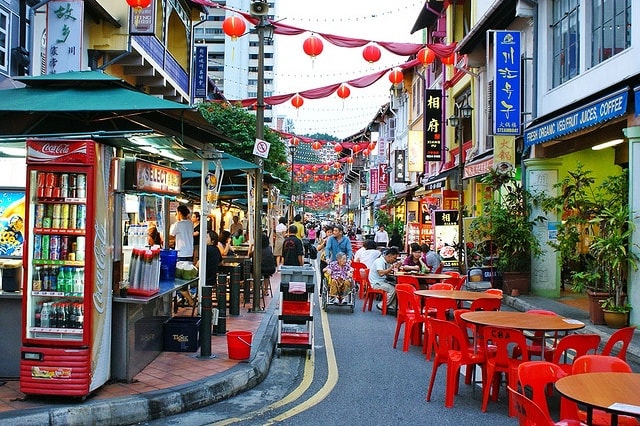 |
| SingaporeFrom the beginning, Singapore has appreciated the contribution of street vendors to the country's economy. By 1996, all street vendors in Singapore had a place to trade and were licensed. They also attended courses on personal hygiene, food hygiene and nutrition. Singapore also implemented a strict management regime, imposing administrative penalties for violations of business laws, encroachment on the roadside or not having a business registration certificate. Singapore can be considered a model for systematic planning of sidewalk trading activities. Photo: Khalzuri/leahbachhuber.com |
9. France
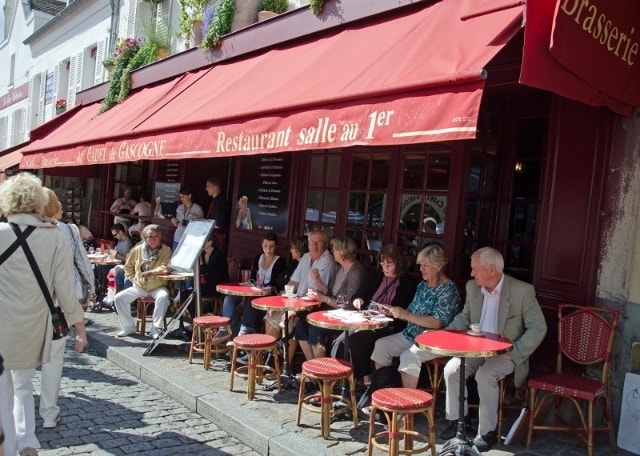 |
| One of the countries famous for its sidewalk coffee culture isFrance. The authorities of this country allow coffee shops to set up tables and chairs outside on the sidewalk, but they must comply with the regulation that the tables and chairs fit neatly within the awning of about 3-6m. Residents and tourists can still sip coffee and watch the street. Perhaps the sidewalk cafes have become a quintessential cultural beauty of Parisians. Photo: Foodandthefabulous.com |
10. Belgium
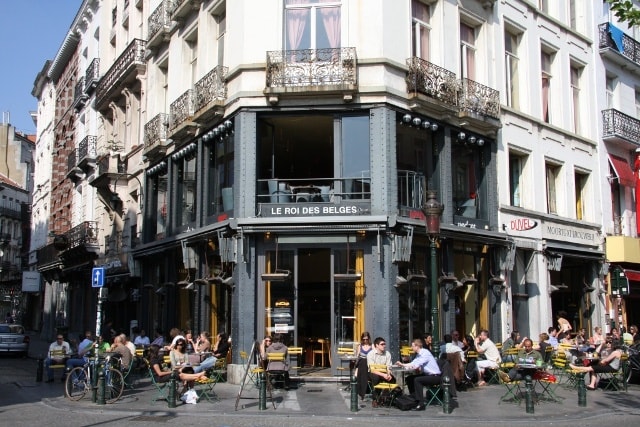 |
| InBrussels, Belgium, to be allowed to do business on the street or in public spaces (also known as mobile business), vendors must apply for a business license to the Brussels City Federation of Commerce directly or by registered letter. In addition to general information about the business owner and the goods sold, the application for a business license must also clearly state the proposed business premises. If the City Federation of Commerce approves, they are allowed to trade in the goods according to the information stated in the application. Photo: Pinterest.com |
Peace
(Synthetic)
| RELATED NEWS |
|---|



